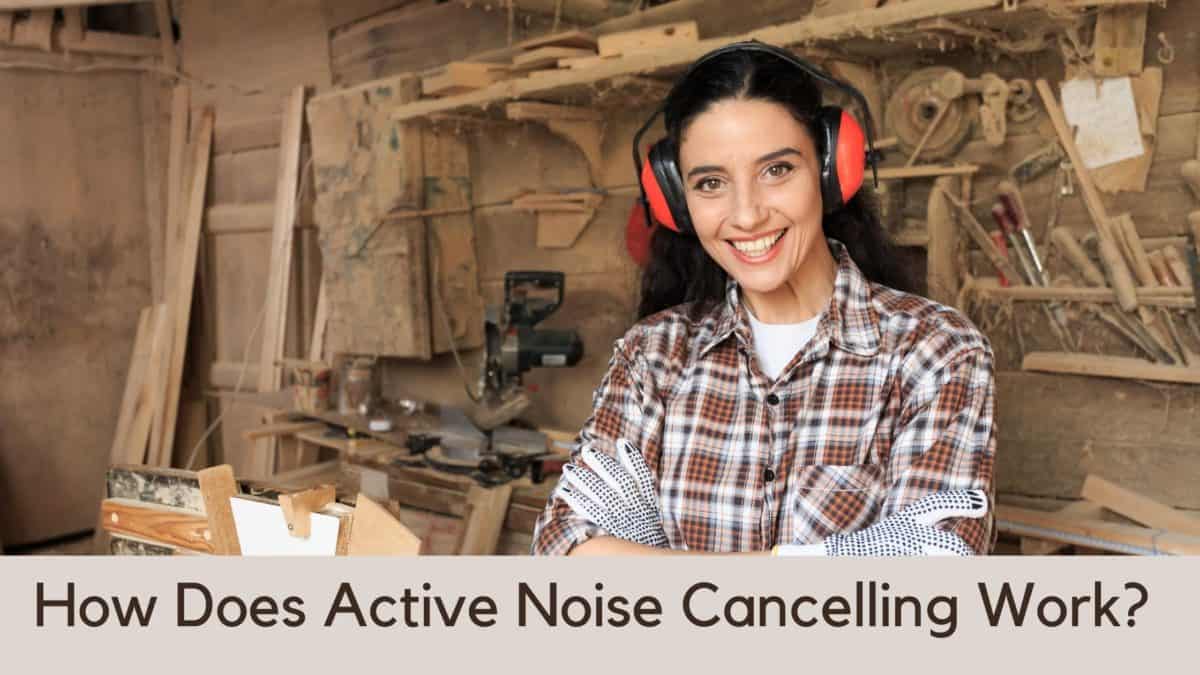- Alcohol and Hearing Health - April 9, 2025
- How Smoking Can Harm Your Ears - March 11, 2025
- Succeeding in the Workplace with Hearing Aids - February 10, 2025
We are constantly absorbing sound throughout the day. From commuting, spending the bulk of the day in busy work environments, to engaging in social activities – we are consistently exposed to varying levels of noise. Not only can this be unpleasant, but it can also have serious health effects. Studies show that consistent exposure to loud noise can impact stress levels, ability to concentrate, sleep, and hearing health. An effective way to navigate louder spaces and protect your health is by investing in noise cancelling headphones!
Impact of Loud Noise
The World Health Organization estimates that 1.1 billion children and young adults (globally) currently experience increased risk of developing hearing loss. Significantly contributing to this increased risk is unsafe listening practices with personal audio devices. As we listen to podcasts and music more and more on our smartphones, this could be hazardous to our hearing health. Exposure to loud noise is one of the most common causes of hearing loss, a pervasive medical condition that impacts nearly 1 in 5 people of all ages.
Sound is measured in decibels (dB) and noise above 85dB is potentially dangerous for hearing health. This is the equivalent of heavy traffic and other sources of urban noise that people navigate daily. Trains can reach up to 100dB as well as volume from personal audio devices! The Occupational Health and Safety Administration (OHSA) suggests that for every 3-decibel increase (after 85dB), the duration one can be safety exposed to that noise should be reduced by half:
- 85dB: 8 hours
- 88dB: 4 hours
- 91dB: 2 hours
- 94dB: 30min
Exceeding this can harm hearing. Loud noise can damage the hair cells that are in the inner ear. There are thousands of hair cells in each ear which help translate incoming soundwaves into electrical signals. These signals are then sent to the brain where they are further processed and assigned meaning to, this allows us to understand what we hear. Hair cells in the inner ear, unlike other types of cells we have, do not regenerate. This means that when they are damaged, this effect is irreparable; resulting in permanent hearing loss. In addition to contributing to noise induced hearing loss, extensive research shows that loud noise can affect sleep, ability to concentrate, stress levels etc. An effective way to combat the impact of loud noise is by investing in active noise cancelling headphones!
How Does Active Noise Cancelling Work?
Noise cancelling headphones were originally intended for airplane pilots who were exposed to high levels of noise during flights. Now, this popular technology is a feature in headphones for everyday use. Active noise cancellation (ANC) technology uses the microphone to pick up noise and neutralize the soundwaves before you even hear them. ANC technology does this by emitting an inverted soundwave (by 180 degrees) which is designed to cancel out the low-frequency sound waves that the headphones pick up from the environment.
This significantly reduces background noise which prevents people from having to increase the volume on their devices as they move through louder environments. ANC can reduce outside noise by anywhere between 20dB – 45dB! This quiets the world, helping to reduce the amount and impact of loud noise you absorb. It also enhances sound quality and is a great way to protect your ears!
Tips to Protect Your Hearing Health
Noise cancelling headphones is a great way to reduce your exposure to loud noise. In addition to investing in ANC technology, there are a few other ways you can protect your hearing health. Integrating the following safety measures reduces your risk of developing hearing loss as well as provides care for your ears:
- Be aware of the volume in the environments you are in. You can do this by downloading an app that measures decibels in your surrounding area!
- Take listening breaks to give your ears and brain a break from constantly absorbing and processing sound. Sit in a quiet space and avoid listening to audio on your device.
- Get your hearing tested annually. Hearing tests involve a painless process that measures hearing capacity in both ears. This identifies any impairment and allows your hearing healthcare provider to share effective treatment options.


